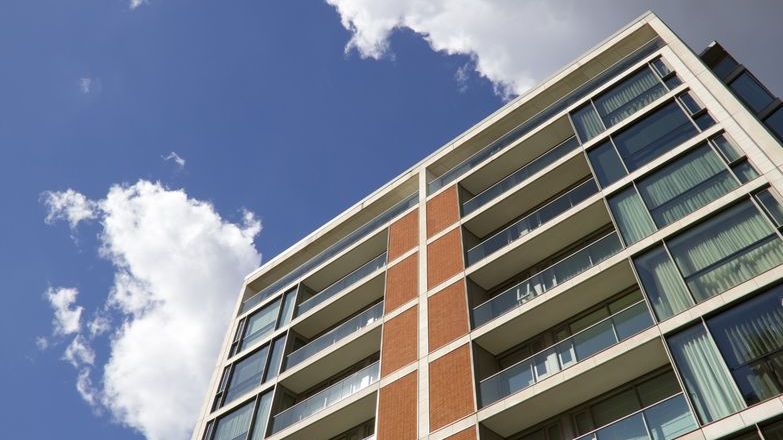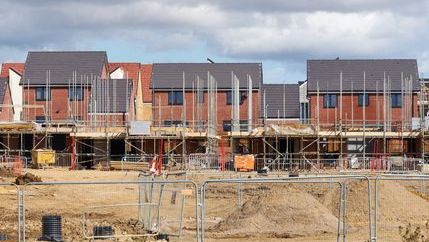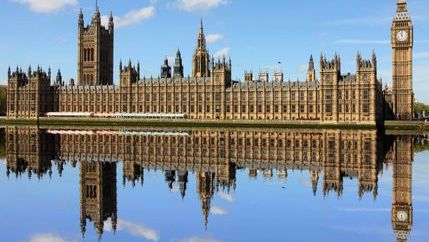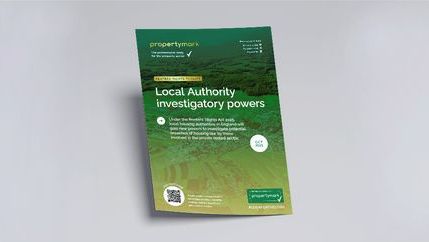
The Leasehold and Freehold Reform Act 2024 (Commencement No.1) Regulations 2024 come into force on 31 October 2024, bringing into effect amendments of Part 5 of the Building Safety Act 2022. These are:
- Section 114 (steps relating to remediation of defects)
- Section 115 (remediation orders)
- Section 116 (remediation contribution orders)
- Section 120 (interpretation of references to other Acts) in relation to the definition of the Building Safety Act 2022(2)
Supporting members
Propertymark has campaigned hard about the ongoing issues affecting the buying, selling and management of leasehold properties and will continue to consult with our members and work closely with Ministers, MPs and officials to push further reform forward.
Our fact sheet and FAQs support members who deal with leasehold properties, and we will update these as new regulations are introduced. We also offer a range of training, research and resources to help agents develop their knowledge and confidence in handling leasehold properties.
Leasehold properties
We've been working with the National Leasehold Campaign to raise awareness of the abuse of the leasehold system in newly built homes.
Removing uncertainty for landlords
The Regulations clearly state that landlords are responsible for taking preventative or mitigating steps (‘relevant steps’) to make their buildings safe during or as part of remediation, installing fire sprinklers, waking watches, and simultaneous evacuation alarms.
It is also specified that the costs of these relevant steps can be included in remediation orders and remediation contribution orders created by the First-Tier Tribunal (FTT).
Improvements to remediation orders (RO)
The Leasehold and Freehold Act seeks to give Judges in the FTT more guidance on what instructions can be given as part of a remediation order. The RO can require a landlord to install additional safety measures in a building instead of, or in addition to, remediating a defect. They can also state that a landlord must obtain an expert report or survey on building safety defects and recommendations for putting them right.
Remediation contribution orders (RCO)
RCOs are used in cases where a landlord or building owner refuses to make payments they are legally liable for. Section 116 of the Regulations adds more detail about which costs can be recovered under an RCO and gives the Secretary of State the power to add and remove costs from this list as they deem appropriate.
It is now specified that costs can be recovered from the current or previous landlord, a developer, or an entity associated with any of the above.
Next steps on leasehold reform
The Leasehold and Freehold Reform Act 2024 was passed on the last day of the previous UK Government's term in office. The Act established an immediate ban on most new leasehold houses, but the remainder of the legislation remains only partially enforced.
The present UK Government has committed to implement the remaining provisions of the Act, and Propertymark has kept up the pressure on Ministers to prioritise measures to cap ground rents and make it cheaper for leaseholders to extend their lease or buy their freehold.
Further reforms were also promised in the King’s Speech, including a new legal framework for commonhold and a ban on the sale of new leasehold flats.








